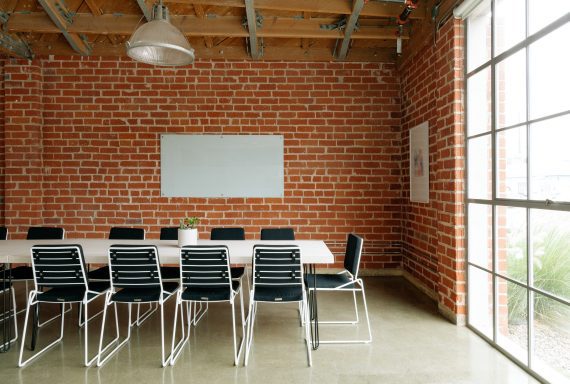Introverts and extroverts: how to harness the skills of all your employees
There’s a personality clash in your office right now. And it’s affecting your staff retention, productivity and employee morale.It’s not that inevitable blow up between Jeff from Sales and Katie from Production that you witness every couple of weeks. It’s something much more deep-rooted yet harder to pinpoint.But we’re going to show you how you can address it, and why it’s vital you do so now.
Why catering for both introverts and extroverts matters
No one is a pure introvert or a pure extrovert. Yet every workplace has representatives of these personality types.There are fundamental differences between the two that affect how they interact with their colleagues. And also how they feel about the workspaces they are asked to function in.We recently surveyed 850 people in the UK. We asked: “Do you think your employers are making the effort to cater for your work performance and are encouraging the growth of skills on your terms?”Most employees (59.6%) did not feel that enough effort was being made.Commenting on these findings Nick Pollitt, Managing Director of DBI Furniture highlighted:“Studies suggest introverts make up one-third to one-half of the population. Yet most open-plan workplaces are designed and set up exclusively with extroverts in mind. Providing workspaces that meet everyone’s needs will help you retain staff and develop their performance.”How to make your office space work for introverts
Let’s think of an open-plan office. In theory it fosters creativity, spontaneous collaboration, and transparency among employees.Now let’s think of an introvert:- Introverts dislike noise, interruptions and big group settings.
- They prefer time to think before speaking.
- They build relationships and trust one-on-one.
- They need space to reflect and focus.
- They prefer individual projects.
- A breakout room or a huddle room, where just two or three people can get together and concentrate on getting a project wrapped up or kickstarted?
- A dedicated area full of hot office desks that is a silent zone for those who need quiet to concentrate?
- Or an ‘intimate corner’ with comfy bean bags or a sofa – and a welcoming coffee machine – where one-to-ones can be held?
How to make your office space work for extroverts
Let’s just remind ourselves of what extroverts like:- Extroverts gravitate toward groups.
- They tend to think out loud.
- They are energized by personal interactions, social gatherings and shared ideas.
- There are plenty of ways to encourage sharing through smart tech. For example, set up video conferencing areas. This allows those who need to see and hear others to formulate ideas and work effectively with staff or partners in another location.
- Use adjustable height desks with monitor arms that allow for screen sharing and allow the extrovert freedom to roam and ‘spark’ with others.
- Instead of an employee break room with tiny cafe tables, why not try one large community table? It's an ideal setup for extroverts to meet new people across departments each week, and offers introverts the chance to engage in social chitchat but disconnect without guilt after the break.

